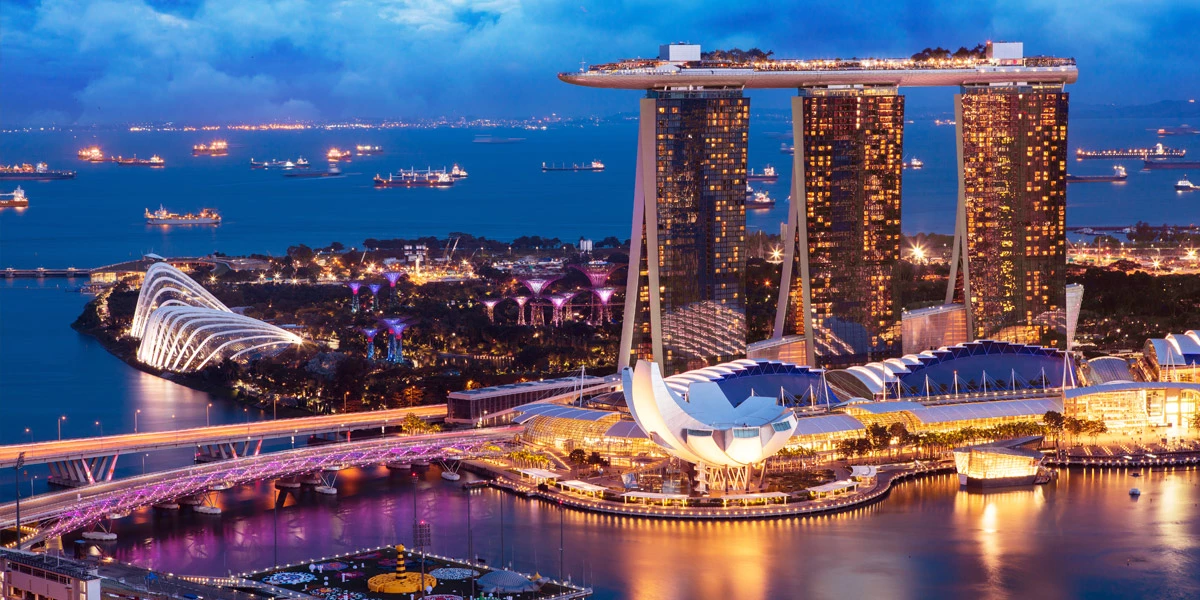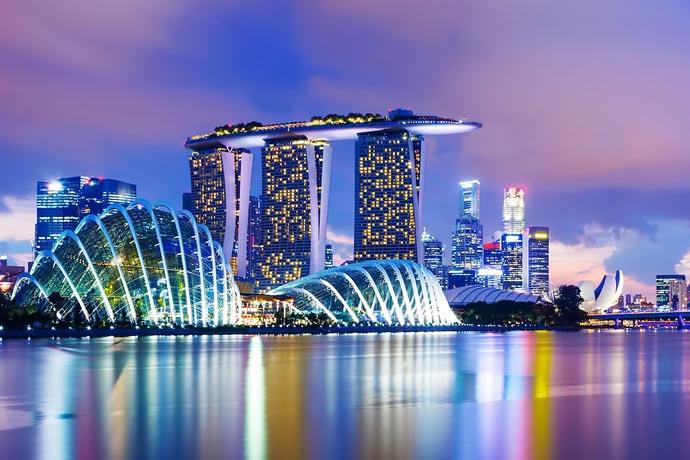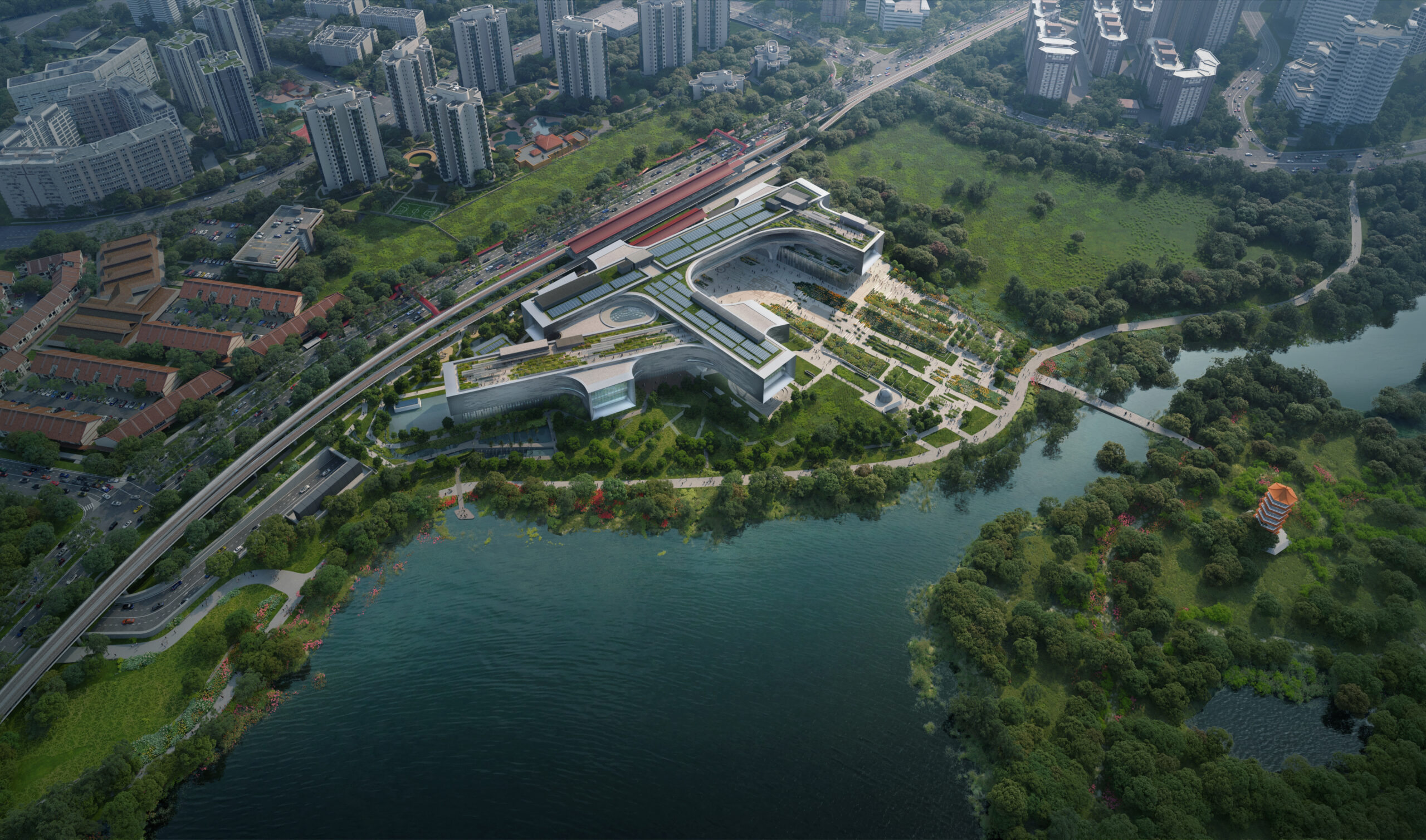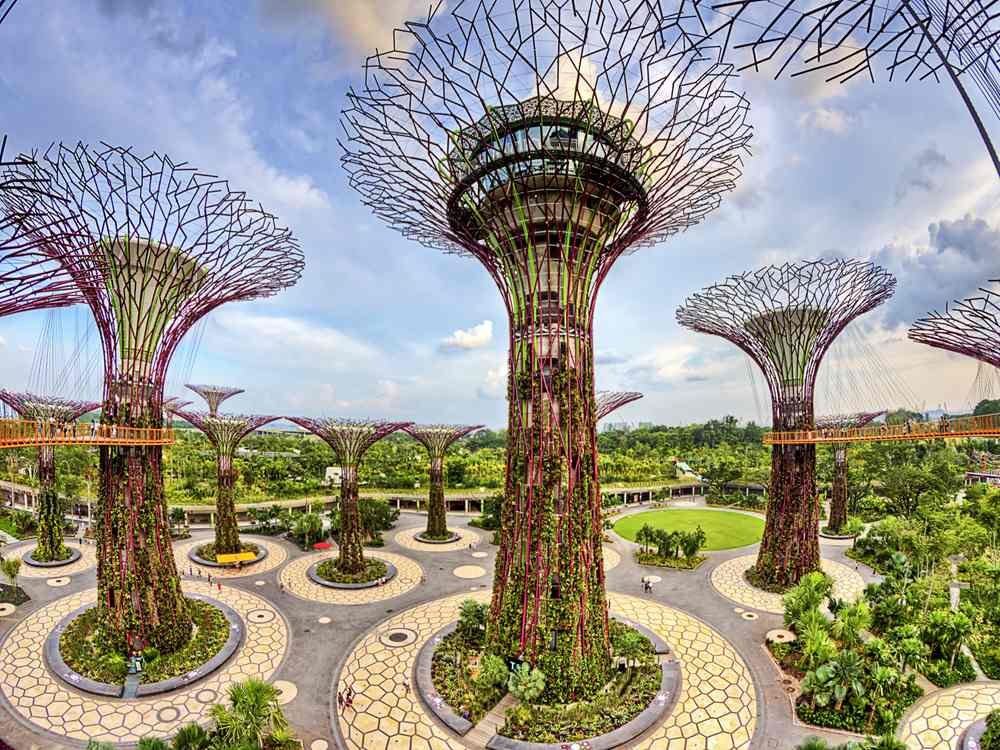Singapore: The Vibrant City-State of Innovation and Diversity
Introduction:
Singapore, a tiny island nation nestled at the tip of the Malay Peninsula, has burgeoned into a global powerhouse despite its modest size. Boasting a rich tapestry of cultures, a thriving economy, and a commitment to innovation, Singapore stands as a testament to what determination, strategic planning, and adaptability can achieve. In this essay, we delve into the multifaceted aspects of Singapore's success story, examining its economic prowess, multicultural society, and forward-thinking policies.
Economic Dynamism:
Singapore's economic journey from a post-colonial port city to a global financial hub is nothing short of remarkable. With visionary leadership and a strategic geographic location, Singapore transformed itself into a beacon of economic prosperity. The nation's Gross Domestic Product (GDP) per capita soared, surpassing many developed countries. Central to Singapore's economic success is its emphasis on innovation, trade, and investment.
The government's proactive approach in creating a conducive business environment through policies promoting foreign investment, free trade agreements, and robust infrastructure development has attracted multinational corporations (MNCs) from around the globe. Singapore's Changi Airport, acclaimed as one of the world's best airports, serves as a critical gateway for international trade and tourism, further enhancing its economic significance.
Moreover, Singapore's commitment to research and development (R&D) has propelled it as a leading innovation hub in Asia. Initiatives like the Research, Innovation, and Enterprise (RIE) 2025 plan underscore the government's dedication to fostering a culture of innovation and entrepreneurship, driving growth in emerging sectors such as biotechnology, fintech, and advanced manufacturing.
Multicultural Mosaic:
Singapore's cultural landscape is a vibrant mosaic woven from the threads of various ethnicities, religions, and languages. The island's diverse populace, comprising Chinese, Malay, Indian, and expatriate communities, harmoniously coexist, enriching the social fabric with their traditions, cuisines, and celebrations.
The Housing Development Board's (HDB) public housing estates exemplify Singapore's commitment to social cohesion and integration. Designed to be ethnically diverse, these estates provide residents with shared spaces and amenities, fostering interactions and mutual understanding among different communities. The ubiquitous hawker centers, where locals from all walks of life gather to relish affordable and delectable cuisine, serve as microcosms of Singapore's multicultural ethos.
The government's policies promoting racial harmony and multiculturalism, enshrined in the National Pledge and the Maintenance of Religious Harmony Act, underscore Singapore's commitment to preserving its diverse heritage while forging a common national identity. Celebrations like Chinese New Year, Deepavali, Hari Raya Puasa, and Christmas are embraced by all Singaporeans, transcending cultural boundaries and fostering unity amidst diversity.
Forward-Thinking Governance:
Singapore's success is underpinned by visionary governance characterized by pragmatism, long-term planning, and adaptability. The People's Action Party (PAP), which has governed Singapore since independence, implemented policies geared towards ensuring social stability, economic growth, and national security.
The concept of meritocracy lies at the heart of Singapore's governance framework, where individuals are judged based on their abilities rather than their background. The government's emphasis on education as a means of social mobility has resulted in a highly skilled workforce, essential for driving economic competitiveness in the global arena.
Singapore's prudent fiscal policies, including strict fiscal discipline and prudent monetary management by the Monetary Authority of Singapore (MAS), have earned it global acclaim for its financial stability. The country's robust legal framework, characterized by a transparent judiciary and stringent anti-corruption measures, reinforces investor confidence and upholds the rule of law. Furthermore, Singapore's proactive stance on environmental sustainability and climate change underscores its commitment to building a resilient and sustainable future. Initiatives such as the Singapore Green Plan 2030 and investments in renewable energy and green infrastructure demonstrate Singapore's resolve to mitigate environmental challenges while pursuing economic development.
Furthermore, Singapore's proactive stance on environmental sustainability and climate change underscores its commitment to building a resilient and sustainable future. Initiatives such as the Singapore Green Plan 2030 and investments in renewable energy and green infrastructure demonstrate Singapore's resolve to mitigate environmental challenges while pursuing economic development.
In addition to its economic dynamism, multicultural mosaic, and forward-thinking governance, Singapore's success story is further augmented by its emphasis on social cohesion, healthcare excellence, and urban sustainability.
Social Cohesion:
Singapore's commitment to social cohesion is evident in its efforts to address income inequality, provide social support, and ensure inclusivity for all segments of society. The progressive tax system, coupled with targeted social assistance schemes like the Workfare Income Supplement and the Silver Support Scheme, aims to uplift low-income families and provide a safety net for the elderly. Moreover, Singapore's healthcare system, often hailed as one of the best in the world, underscores its commitment to ensuring universal access to quality healthcare. The three-tier healthcare framework comprising public hospitals, polyclinics, and community health centers ensures that healthcare services are accessible and affordable to all residents. The introduction of initiatives like MediShield Life, which provides lifelong health insurance coverage, further enhances healthcare affordability and inclusivity.
Moreover, Singapore's healthcare system, often hailed as one of the best in the world, underscores its commitment to ensuring universal access to quality healthcare. The three-tier healthcare framework comprising public hospitals, polyclinics, and community health centers ensures that healthcare services are accessible and affordable to all residents. The introduction of initiatives like MediShield Life, which provides lifelong health insurance coverage, further enhances healthcare affordability and inclusivity.
Urban Sustainability: Singapore's journey towards urban sustainability reflects its proactive approach to addressing environmental challenges and enhancing the quality of life for its residents. Despite its limited land area, Singapore has made significant strides in green urban planning, with initiatives such as the Gardens by the Bay and the Singapore Botanic Gardens serving as green lungs amidst urban development.
Singapore's journey towards urban sustainability reflects its proactive approach to addressing environmental challenges and enhancing the quality of life for its residents. Despite its limited land area, Singapore has made significant strides in green urban planning, with initiatives such as the Gardens by the Bay and the Singapore Botanic Gardens serving as green lungs amidst urban development.
The government's commitment to sustainable urban development is exemplified by initiatives like the Sustainable Singapore Blueprint and the Land Use Plan 2030, which prioritize environmental conservation, green spaces, and sustainable infrastructure. The integration of green technologies, such as solar panels, rainwater harvesting systems, and energy-efficient buildings, underscores Singapore's commitment to reducing its carbon footprint and mitigating climate change.
Singapore's emphasis on public transportation and active mobility promotes eco-friendly modes of travel, reducing congestion and carbon emissions. Investments in mass rapid transit (MRT) networks, cycling paths, and pedestrian-friendly walkways contribute to a greener and more livable urban environment, enhancing the well-being of residents and visitors alike.
Looking Ahead:
As Singapore charts its course forward, it faces an array of opportunities and challenges in an increasingly interconnected and dynamic global landscape. The emergence of digitalization, artificial intelligence, and the green economy presents new avenues for innovation and growth, while demographic shifts, geopolitical uncertainties, and climate change pose complex challenges that require nimble responses.
Singapore's ability to harness its strengths in innovation, diversity, and governance will be crucial in navigating these complexities and shaping its future trajectory. By leveraging its human capital, fostering collaboration between the public and private sectors, and embracing sustainability as a guiding principle, Singapore can continue to thrive as a model of excellence in the 21st century. In essence, Singapore's success story serves as an inspiration for nations worldwide, demonstrating that with visionary leadership, strategic planning, and a steadfast commitment to excellence, even the smallest of nations can achieve greatness on the global stage. As Singapore embarks on its next chapter, its enduring spirit of resilience, innovation, and inclusivity will undoubtedly continue to propel it towards a brighter and more prosperous future.
In essence, Singapore's success story serves as an inspiration for nations worldwide, demonstrating that with visionary leadership, strategic planning, and a steadfast commitment to excellence, even the smallest of nations can achieve greatness on the global stage. As Singapore embarks on its next chapter, its enduring spirit of resilience, innovation, and inclusivity will undoubtedly continue to propel it towards a brighter and more prosperous future.
Conclusion:
In conclusion, Singapore's ascendancy from a humble trading post to a global powerhouse epitomizes the transformative power of visionary leadership, strategic planning, and relentless pursuit of excellence. Its economic dynamism, multicultural harmony, and forward-thinking governance serve as a blueprint for nations aspiring to achieve sustainable development and prosperity. As Singapore continues to navigate the complexities of the 21st century, its enduring spirit of innovation, diversity, and resilience will undoubtedly propel it to even greater heights on the global stage.



























































